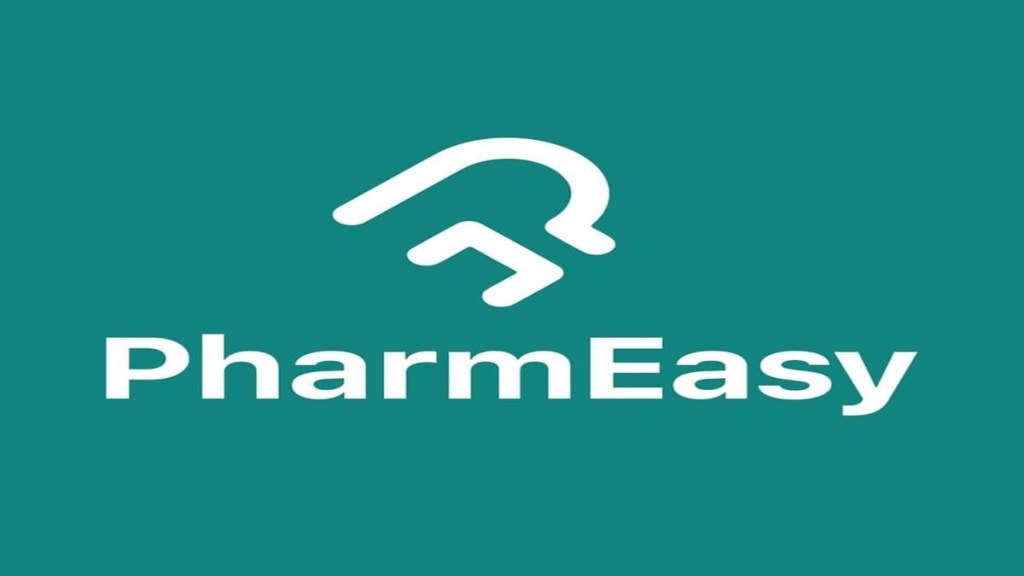Online pharmacy startup PharmEasy has delivered an internal rate of return (IRR) of -38% for global investment firm Prosus in the first half of this fiscal, according to the firm’s half-yearly investor presentation. Meanwhile, B2B e-commerce platform ElasticRun recorded an IRR of 23%.
Besides these two, Swiggy and PayU India reported an IRR of 21% each, while Meesho had an IRR of 20%, and ed-tech startup Eruditus generated returns of 14%. However, Eruditus is the only company in Prosus’s ed-tech portfolio that has generated positive returns in H1.
In India, Prosus has invested around $8 billion over the last seven years, across 30 companies. It also announced on Monday that it has invested $80 million in supply chain startup Mintifi and $100 million in Vastu Housing Finance.
“We recently celebrated the listing of Swiggy, valued at $11.3 billion, and sold over $2 billion of assets, including a portion of our Swiggy stake and our Trip.com position,” the firm said in a statement. Prosus has sold shares worth $500 million in Swiggy. Overall, Prosus recorded a topline growth of 26% during the first six months of the fiscal.
Over the next 18 months, the firm expects five of its India portfolio companies to go for a public listing, including Meesho, PayU, and jewelry startup Bluestone. Meanwhile, Captain Fresh, Eruditus, Mintifi, Vastu Housing Finance, and Mensa brands have future potential for a public listing.
During the same period in FY24, PharmEasy had an IRR of -44% in Prosus’s portfolio. Even though the company had managed to halve its losses to Rs 2,533 crore in FY24, mostly from lower goodwill impairment charges and an overall decline in expenses. PharmEasy’s revenue slipped 15% year-on-year to Rs 5,644 crore, due to severe competition in the online pharmacy space.
PharmEasy is struggling to gain back market share due to competition from players such as Tata 1mg, Reliance-owned Netmeds, and Apollo 24×7, among others.

